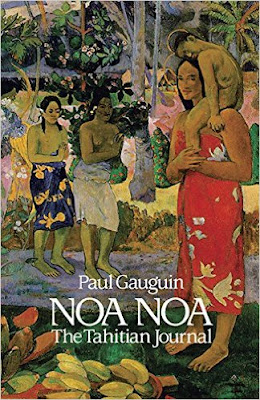Electra, Electra
 So, a little while ago, for fun, I read the Oresteia of Aeschylus. In general, I'm a big fan of Greek tragedy, but the Oresteia was really something else. The great thing about Greek tragedy is that you get this huge outpouring of emotion in a very short, condensed space. It took me about two hours to read the Oresteia, but when I was done I felt like someone had just punched me in the stomach. There's something so vital about Greek tragedy; it has a huge emotional impact. I mean, you just don't get that from other works of poetry or fiction.
So, a little while ago, for fun, I read the Oresteia of Aeschylus. In general, I'm a big fan of Greek tragedy, but the Oresteia was really something else. The great thing about Greek tragedy is that you get this huge outpouring of emotion in a very short, condensed space. It took me about two hours to read the Oresteia, but when I was done I felt like someone had just punched me in the stomach. There's something so vital about Greek tragedy; it has a huge emotional impact. I mean, you just don't get that from other works of poetry or fiction.It's Electra vs. Electra.
Anyway, the first thing I noticed is that Sophocles' Electra is a lot more dramatic. Her grief is so exorbitant, so excessive. She feels everything so deeply - her mother's betrayal, her father's death, her own disfranchisement. There is so much immediacy to her anger, so much depth to her grief. It's overwhelming. Like, to quote Ron and Hermione in Harry Potter "'One person couldn't feel all that, they'd explode!' Said Ron. 'Just because you have the emotional range of a teaspoon doesn't mean we all have,' said Hermione.".
 It's a great play, but everything about it is so intemperant, immoderate. It seems like Electra has just been sitting around for ten plus years whining. Even Chrysothemis, Electra's sister, tells her that she needs to take it down a notch. Chrysothemis isn't even in the Euripides version. However, aside from a few other plot differences, in Euripides play, Electra is a lot calmer and more resigned to her fate. In Sophocles' version, when Electra hears that Orestes is dead, she decides to kill Aegisthus herself. In Euripides' version, Electra says that if Orestes fails, she'll kill herself.
It's a great play, but everything about it is so intemperant, immoderate. It seems like Electra has just been sitting around for ten plus years whining. Even Chrysothemis, Electra's sister, tells her that she needs to take it down a notch. Chrysothemis isn't even in the Euripides version. However, aside from a few other plot differences, in Euripides play, Electra is a lot calmer and more resigned to her fate. In Sophocles' version, when Electra hears that Orestes is dead, she decides to kill Aegisthus herself. In Euripides' version, Electra says that if Orestes fails, she'll kill herself. I guess the long and the short of it is that there was no good way to resolve the story. Personally, I have to side with Clytemnestra, though I can't condone her treatment of her children. But I encourage you to read the plays yourself and see what you think. That always seems to happen in Greek drama though. I guess that's why they call it tragedy.
Just readin'



Comments
Post a Comment